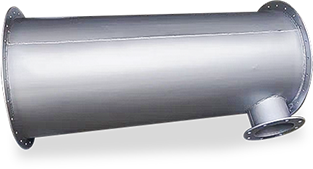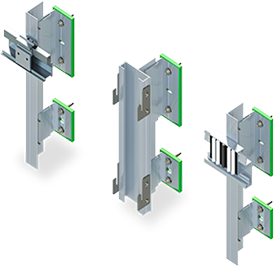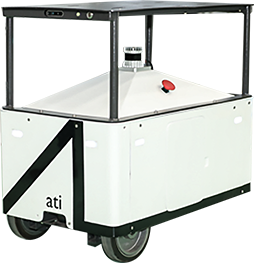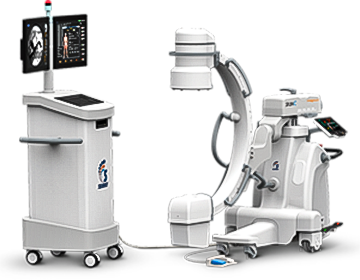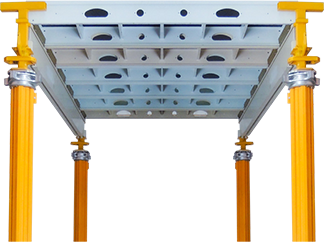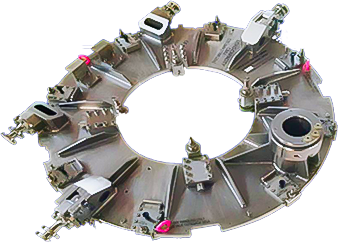Material Description
Steel is a versatile and widely used material in casting processes due to its exceptional material properties. It is a ferrous alloy primarily composed of iron and varying amounts of carbon, along with other alloying elements such as manganese, silicon, and sometimes even trace amounts of other elements like nickel and chromium. These alloying elements impart several critical properties to steel, making it an ideal choice for casting applications.
One of the most prominent characteristics of steel is its exceptional strength and durability. Its high tensile strength and resistance to deformation make it capable of withstanding heavy loads and extreme conditions, making it ideal for applications in industries like automotive manufacturing, construction, and infrastructure development. Moreover, steel boasts excellent heat resistance, making it suitable for casting processes that involve molten metals or exposure to high temperatures. Its remarkable machinability, weldability, and castability further enhance its appeal as a casting material.
Furthermore, steel is highly customizable, as it can be tailored to meet specific requirements by adjusting the carbon content and adding alloying elements. This versatility allows for the production of a wide range of steel grades with different properties, from softer and more malleable varieties to exceptionally hard and wear-resistant types. Its corrosion resistance and longevity also make it an excellent choice for applications that demand longevity and protection from environmental factors. In conclusion, the material properties of steel, including its strength, heat resistance, machinability, and adaptability, make it a favored material for casting applications across numerous industries, showcasing its versatility and dependability.
Industry Applications
Steel castings are vital in the manufacturing of heavy machinery and construction equipment for their superior strength and heat resistance.
Finishing Options
Paint or Spray Coating, Powder Coating, Galvanizing, Zinc Plating
| Density | Tensile Yield Strength (MPa) | Fatigue Strength (MPa) | Hardness (Brinell) | Thermal Conductivity (W/m-K) | Coeff. of Thermal Expansion (mm/mdeg) | Electrical Resistivity (micro Ohm-cm) |
|---|---|---|---|---|---|---|
| 7.8 | 250-550 | 100-450 | 120-600 | 10-60 | 45212 | 1.0 x 10^-7 |
Design Recommendation
Steel castings offer a wide range of mechanical properties and are often used in demanding applications. When designing for steel casting, focus on maintaining consistent wall thickness and using fillet radii to avoid stress concentrations. The chosen alloy and heat treatment processes should align with the desired mechanical properties. Post-casting heat treatments might be necessary to achieve the desired hardness, toughness, and other properties.
Cost Saving Tip
In steel casting, careful material selection and scrap management can lead to significant cost savings. Choosing the right steel alloy for the specific application can optimize performance and reduce over-specification. Implementing lean manufacturing practices and automation can improve efficiency and reduce labor costs. Effective quality control systems, including non-destructive testing, help minimize defects, reducing the need for rework and remelting, which are costly processes in steel casting.
